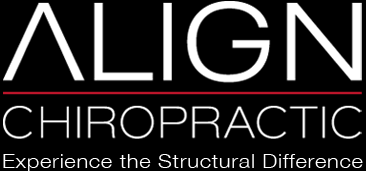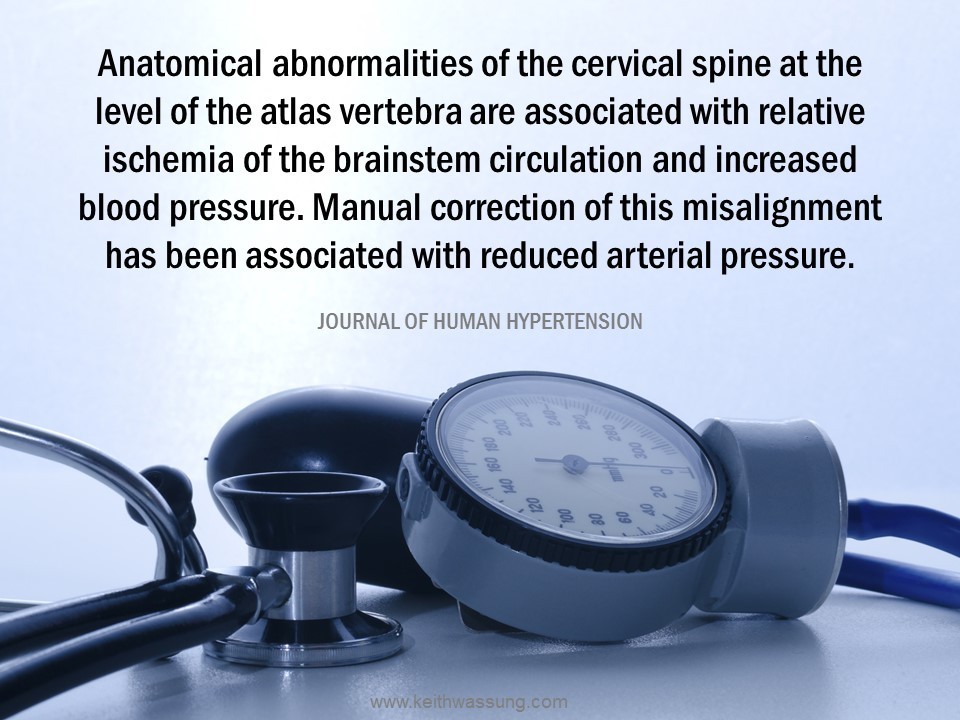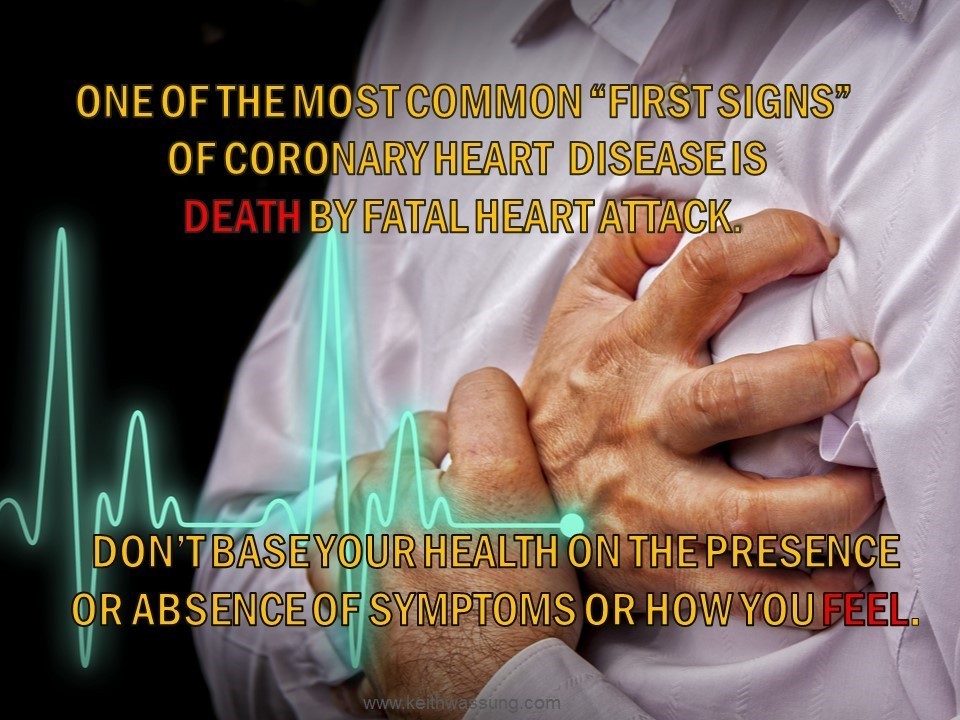
.
Call Us Today On 0477 226 878
Where A Consultation Is A Conversation
- NOT A Commitment
STRUCTURAL SHIFTS, THE CARDIOVASCULAR SYSTEM AND HEART HEALTH!
Less than one generation ago, heart disease and heart attacks were associated with overweight, middle-aged men, who smoked and ate a lot of fried foods. Heart attacks no longer are restricted to this group, an increasing number of females are affected along with young people-high school and college aged—many of who are competitive athletes.
This week we are going to focus on Structural Shifts and cardiovascular health.
Years ago, I was at a presentation by a local Chiropractor and he was talking about Structural Shifts and he showed a picture of the heart and the nerves supplying the heart. He asked the question “What would happen if I were to take a scalpel and physically sever the nerve, what would happen to the heart? Many in the audience said “The heart would die” out loud all about the same time.
He then asked “What would happen if instead of severing the nerve, if I could create some sort of irritation or interference that would slow down the nerve supply—what would happen to the heart?…..there was about a 4-5 second pause and all of a sudden a very young girl who was sitting with her parents begin wildly waving her hand—eager to answer. The Chiro sort of grimaced but called on her anyway—She stood up and confidently said “ THE HEART WOULD STILL DIE, BUT IT WOULD JUST TAKE LONGER”………., this still remains one of, if not the best single answer I have ever heard in a lecture and she was dead on. The affected organs would still die. But it would just take longer.
NOTE (I know this is not exactly how the nervous system works, just a broad analogy)
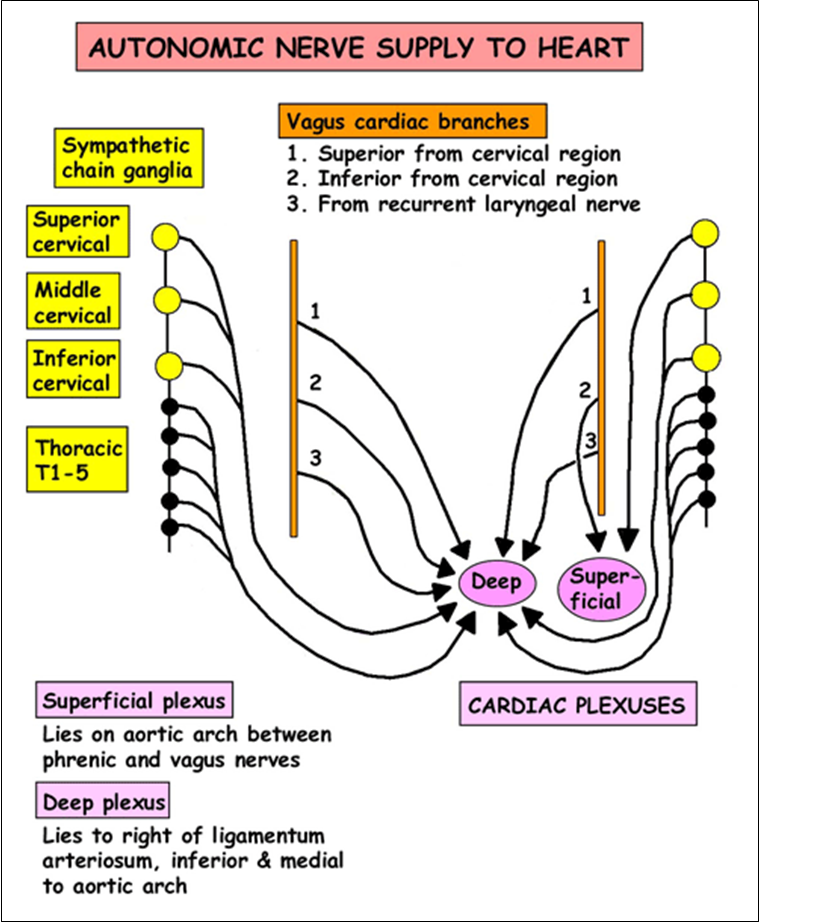
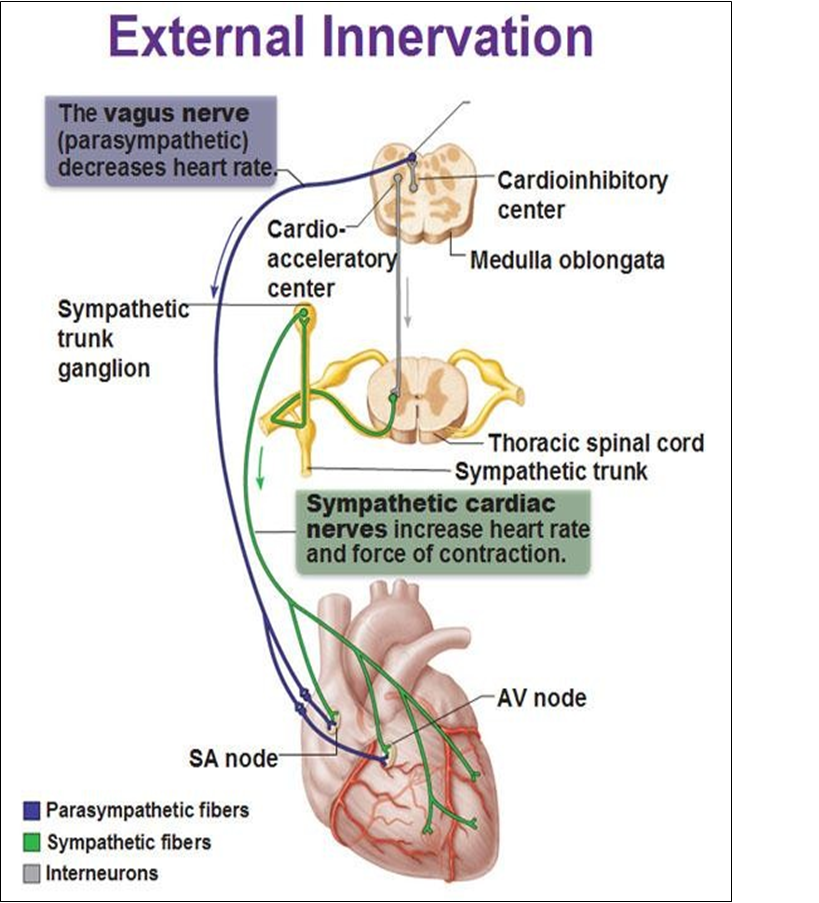
ASPIRIN AND HEART ATTACKS
A study by the Physicians Health Group concluded that an aspirin a day was an effective preventative treatment against heart attacks. The study was published by leading magazines and newspapers all over the world. The drug industry launched an extensive media campaign promoting this important health discovery.
What the study failed to mention was that it was conducted with buffered aspirin, which contains magnesium. Magnesium is a valuable mineral which has long been associated with the prevention of heart attacks. Follow-up studies revealed that aspirin alone did nothing to prevent heart attacks. Sadly, the results of the follow-up studies received little media attention.
A study in the International Journal of Epidemiology reported that serum magnesium levels are inversely related to the risk of death from ischemic heart disease. Serum magnesium concentration, independent of other risk factors, was inversely associated with death from all causes and from heart disease.
A study in the Lancet reported that magnesium deficiency may also be implicated in coronary heart disease when it was revealed that injections of magnesium sulfate brought about dramatic clinical improvement in patients suffering from heart disease and in many cases the lipoprotein levels were brought back to normal levels.
Should You Take Aspirin to Prevent Heart Attack?
The majority of physicians in the USA recommend aspirin for prevention of first heart attacks to almost everyone over the age of 50, even though women have not been included in the clinical trials of aspirin. While aspirin does prevent about 1/3 of first heart attacks, its side-effects are so severe as to cause a higher death rate overall than placebo. Non-fatal side-effects, such as internal bleeding and cataracts, are significant after years of aspirin use. The major study on which most recommendations are based did not utilize aspirin alone; therefore, the calcium and magnesium present in the buffered aspirin actually taken may have been responsible for some of the beneficial effects. Supplemental magnesium and vitamin E have been shown to be more effective than aspirin in lowering heart attack rates as well as overall death rates. Aspirin does reduce the incident of second heart attacks by about 1/5 when taken for a few weeks. Supplemental magnesium and coenzyme Q10 have been shown to be more effective than aspirin in treatment of cardiovascular disease. 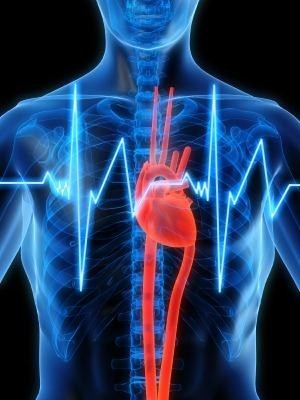
“Some physicians contend that the evidence of aspirin’s efficacy for prevention is overstated and that its risks are underestimated.” One vocal critic, John Cleland, MD, said that his interpretation of the data shows that the therapy reduces only the number of diagnosed heart attacks, not attacks overall.
In an editorial in the Jan. 12, 2002, British Medical Journal (BMJ), he explained that aspirin merely masks heart attacks, producing a “cosmetic” blip in epidemiological statistics. How could aspirin hide a heart attack? Dr. Cleland, professor of cardiology at the University of Hull in Great Britain, said that 25% of people who have what later turn out to be a heart attack don’t recognize the signs anyway. Because aspirin can be an analgesic, it may further mask those symptoms. In addition, he said, some of the symptoms patients think are dyspepsia caused by aspirin may actually be due to a heart attack.”
.
Next | Back
Align Chiropractic Centre
Active Living
81 Sixth Avenue, Maroochydore
Queensland 4558
0477 226 878
info@alignchiro.com.au
Our Motto
Align Chiropractic Centre is focused on structural correction of the spine. We use state of the art
technology and techniques to restore full function of the spine and nervous system to allow the innate
recuperative capacity of the body to work optimally.
Privacy Policy | Copyright 2015 Align Chiropractic Centre | Website by Barking Mad Marketing
